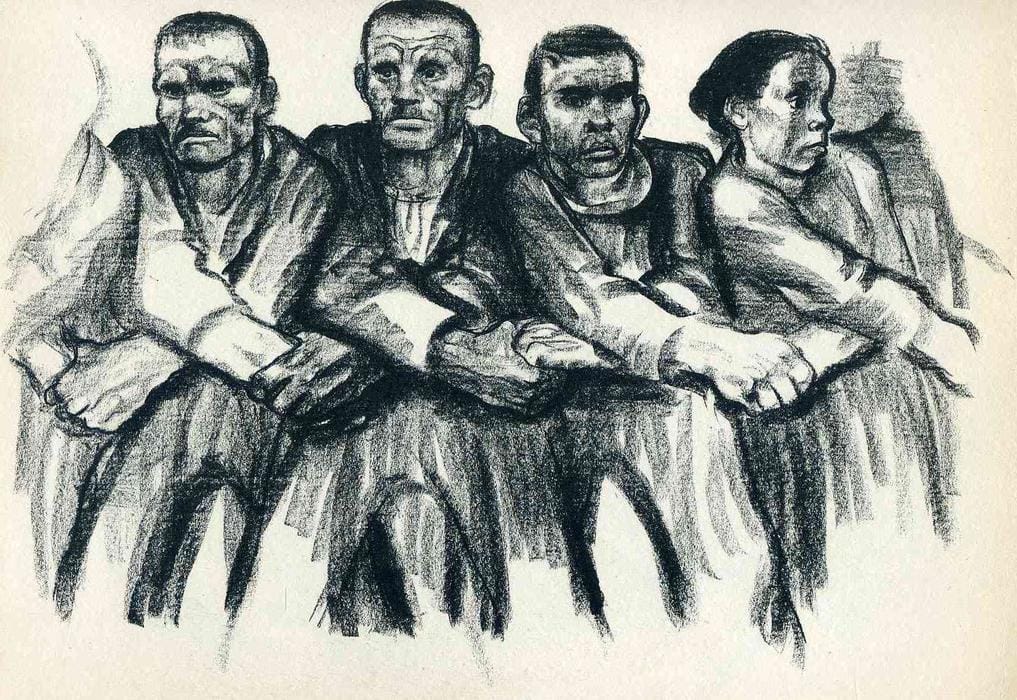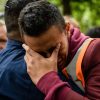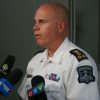
KJIPUKTUK (Halifax) – Last year, in my review of the board games Co-Opoly and Rise Up: The Game of People & Power, I opened with a description of the Antigonish Movement in Nova Scotia. Here it is again:
In the 1920s, after several decades of hardship in the fishing, mining and agricultural sectors of eastern Nova Scotia, St. F.X. University established the Extension Department, led by Father Moses Coady. The Extension Department would later sponsor the social and economic movement known as the Antigonish Movement.
The Antigonish Movement’s goal was to address the extreme poverty caused by the way certain coal mining and fishing companies exploited their workers.
The movement focused first of all on adult education in order to teach people in rural communities how to become self-reliant so they wouldn’t have to keep relying on big corporate money. Well over 1000 study clubs with some 10,000 participants altogether were formed, where members would learn about the factors that kept them in poverty and how to build their own self-sufficient local institutions.
The movement organized cooperative fish plants and lobster canneries, cooperative grocery stores, housing cooperatives, and the most common cooperative institution, credit unions. Today, Nova Scotia has over 350 cooperatives and credit unions, with combined assets of over $2.5 billion.
I strongly believe that the goals of self-reliance as outlined by the Antigonish Movement can be applied to all marginalized communities. For the purposes of this article, I’ll discuss how they can be applied to the autistic and other disability communities, especially when they are ignored by mainstream disability organizations.
Another example: the Black Panther social programs
In the late 1960s, the Black Panther Party organized community social programs in various American cities. These included free health clinics, youth education programs, a safety program for senior citizens, a free ambulance service, a food distribution program, clothing distribution services, and their most well-known initiative, the Free Breakfast for School Children program.
The idea here was to help Black people organize themselves together so they wouldn’t have to rely upon government systems, which were not serving the Black community well. Many minority communities across America over the years had built similar programs to help new immigrants.
The community social programs created by the Black Panthers and the Antigonish Movement in Nova Scotia were obviously not identical. However, they were both about communities helping each other and building resilience in the face of adversity. There are lessons to be learned from both movements.
What could autistic people do?
As anyone who has spent any time in the autistic activism community can attest, autistic people provide most of the day-to-day support for other autistics. We work to put autistic people back together when they’ve been broken by ABA and abusive martyr parents.
We also put together care packages for our fellow autistics when they’re in the hospital for serious chronic illnesses. Even if we live far away from each other, we purchase items to include in the package, and send it to one person who will assemble the package and then send it along.
And of course, we help fund each other’s creative projects, be they books, films, neurodiversity libraries, or other things.
But we need to do more. So what are some ideas for building communities of mutual support for autistic and other disabled people?
One thing would be to organize a free meal program for autistic folks, with careful attention paid to any sensory issues they have with certain foods. Ideally, it would be modeled on the community food centre concept, such as with The Stop in Toronto. More than just a food bank, The Stop is a place where people get together to grow and cook their own food, learn how to challenge income and food insecurity, and much more.
If autistic people had a similar place to go, where they could enjoy a hot sensory-friendly meal, in a quiet sensory-friendly atmosphere, and learn how to grow and cook their own food, all in an environment where autistic people were in charge, it would be a major help to a lot of them.
Or we could organize our own clothing distribution program. Many autistic and other disabled people have sensory issues with certain types of clothing, so having a place to go where they know they can get clothes they can tolerate would be helpful. It can sometimes be overwhelming to root through the choices at a place like a thrift store.
One very useful idea would be a “caregiver violence shelter”. Similar to domestic violence shelters, this would be for disabled people fleeing abusive caregiver situations, whether in their own homes or small options homes or larger facilities. Victims of abuse could receive counselling and talk with other disabled folks who have gone through similar situations, and get information on potential legal assistance and help in finding another place to live.
Mentoring programs
But the one thing that I think would be the best idea of all…..
…..is one for the next generation of autistic people.
A mentoring program for autistic youth, as well as other disabled youth.
I am a firm believer that autistic children need autistic adults to mentor them. And not just any autistic adults, but ones who are active participants in the autistic culture, community and resistance.
The same goes for young people with other disabilities.
Think of it as Big Brothers Big Sisters especially for autistic and disabled people.
It could be so much more than going on social outings together. The adult mentors could teach their young mentees about neurodiversity, autistic culture, autistic and disability pride, and the shared history of the autistic and disability communities.
Because these are things that the mainstream autism organizations rarely, if ever, talk about.
But autistic and other disabled adults talk about these things all the time.
And these are things that the next generation of autistic and disabled children cannot afford to not know about.
So as you see, it is extremely important that autistic and other disabled adults continue to support each other through solidarity and mutual aid.
And it’s critical that we are able to mentor our next generation.
I’ve only listed a few ideas here. If you have any other ideas for how autistic and other disabled people can build their own communities of mutual support, feel free to let me know.
Feedback? Leave a comment here, or email Alex Kronstein at alexkron@live.ca
With a special thanks to our generous donors who make publication of the Nova Scotia Advocate possible.
Subscribe to the Nova Scotia Advocate weekly digest and never miss an article again. It’s free!



